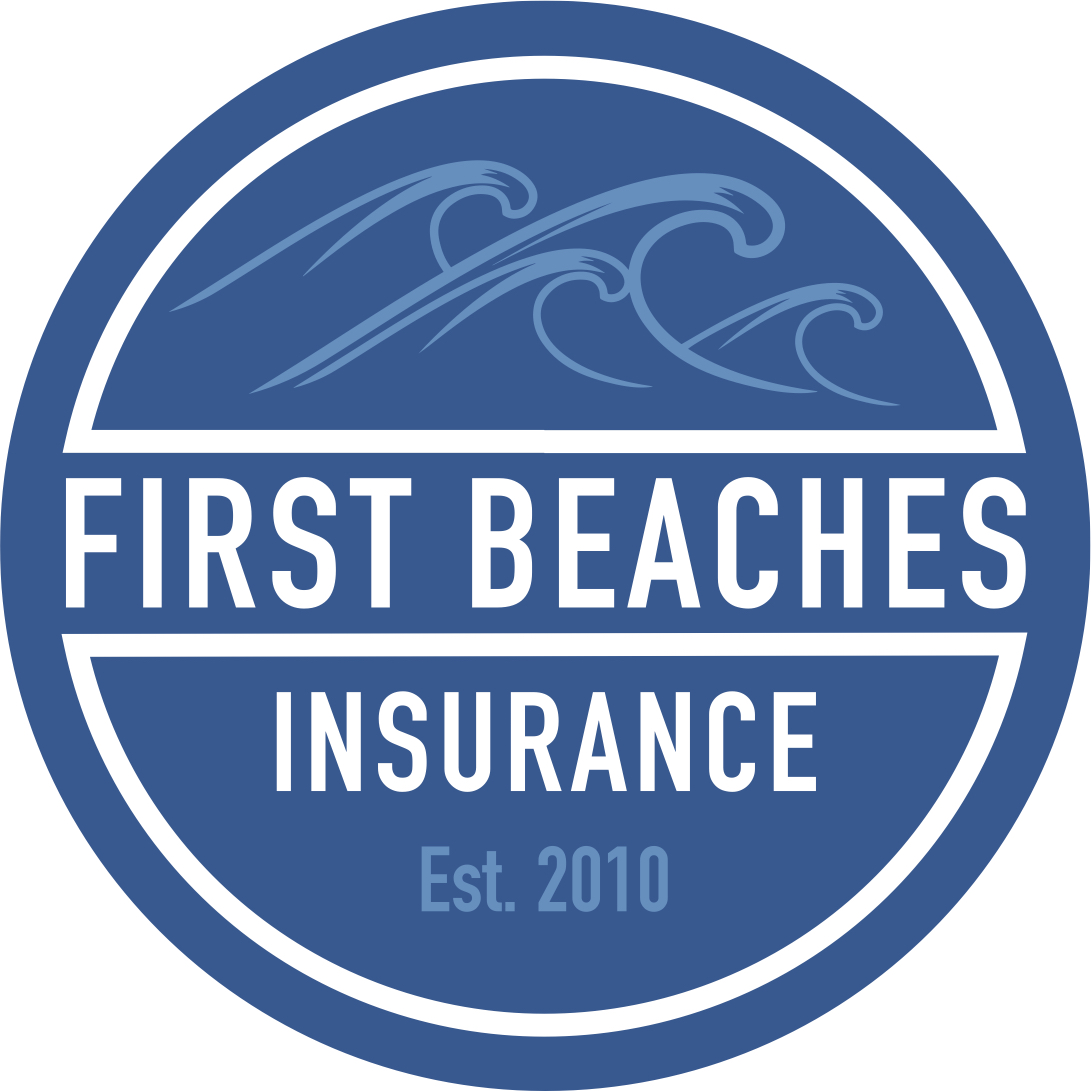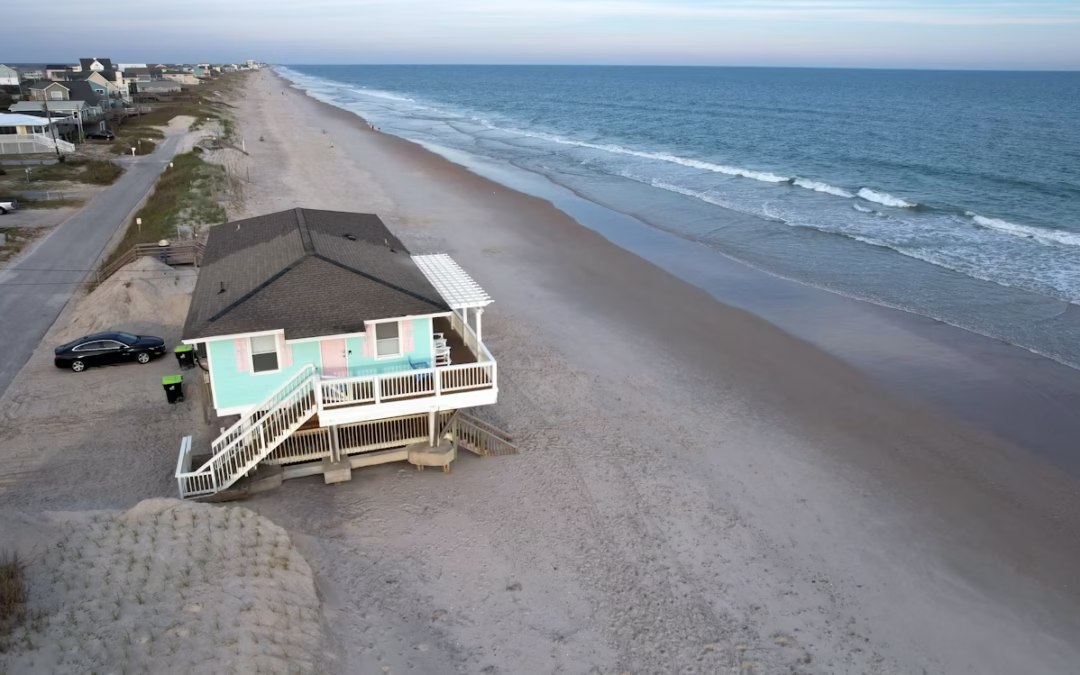We get it — you’ve heard it all before.
Every year as September rolls around, so do the friendly warnings about hurricane season, flood zones, and policy reviews. And if you’ve been following us for a while, you already know we’re big on being proactive when it comes to insurance.
But here’s the thing: some of the most expensive claims we’ve seen happen because people ignore the “basic” reminders. Not because they’re lazy or careless but because they meant to handle it and just… didn’t.
So yes, this blog may sound familiar. But if you stick with us for a few minutes, we promise to keep it friendly, helpful, and maybe even save you thousands of dollars down the road. (And hey we won’t say “we told you so.” At least not right away.)
1. Update Your Policy Info — Yes, Again
Think back to what’s changed in your life this past year.
- Did you adopt a new pet?
- Add a roommate?
- Renovate your kitchen or install a pool?
- Start renting out your property?
These small life updates can make a big impact when it comes to your insurance coverage. The problem is, most people don’t think to loop in their insurance agent — until they need to file a claim.
And by then? It might be too late.
What happens if your info is outdated?
Your claim could be delayed, denied, or result in a lower payout simply because your policy wasn’t built to reflect your current situation.
Quick fix:
Take 10 minutes to review your current policies (home, auto, renters, business, etc.) and jot down any updates since your last renewal. Then send us a quick message. We’ll walk you through what needs adjusting and what doesn’t.
2. Know Your Deductible Before the Storm Hits
This one really sneaks up on people — especially during hurricane season.
You might think, “I already know my home deductible.”
But here’s what many don’t realize: Florida policies often have a separate hurricane deductible, which is typically a percentage of your home’s insured value, not a flat dollar amount.
Example:
If your home is insured for $400,000 and you have a 2% hurricane deductible, that’s $8,000 out of pocket before insurance pays a dime.
Now imagine finding that out after a storm rolls through.
(Yeah. We’d rather you didn’t.)
Quick tip:
Pull out your policy (or call us) and check the hurricane-specific deductible. If you’re unsure what you’d be responsible for — let’s talk. Adjusting your coverage now can make all the difference later.
3. Flood Insurance Isn’t Just for Waterfront Homes
We say this every year because… every year, it’s still true:
Over 25% of all flood claims come from homes in low-to-moderate risk zones.
And no, your standard homeowner’s policy doesn’t cover flood damage. You need a separate flood policy for that.
Floods can be triggered by heavy rains, blocked storm drains, or rising groundwater, not just hurricanes. And if you think, “Well, I’m not technically in a flood zone,” here’s the reality: every property is in a flood zone. Some are just higher risk than others.
The kicker?
Most flood policies take 30 days to go into effect so waiting until the forecast looks scary might be too late.
Quick tip:
If you don’t have flood insurance, this is your sign. If you do have it, make sure the coverage limits are still adequate for your home’s value and belongings.
4. Umbrella Insurance: The Policy You Didn’t Know You Needed
Umbrella insurance doesn’t sound exciting — but you know what is exciting?
Having an extra $1 million or more in coverage for less than your monthly takeout habit.
Umbrella policies kick in when your standard policy limits are maxed out and that can happen faster than you think. Especially in Florida, where liability lawsuits (think car accidents, dog bites, or backyard injuries) can escalate quickly.
Real-life scenario:
You’re at fault in a car accident that results in serious injury. Your auto policy covers up to $300,000 in liability, but the total claim is $700,000. That $400,000 gap? That’s coming out of your pocket unless you have an umbrella policy.
Quick tip:
Umbrella insurance is especially smart for families with teen drivers, dog owners, landlords, or anyone who hosts people at their home regularly. It’s peace of mind with a surprisingly small price tag.
5. Keep a Home Inventory. Trust Us on This One.
You think you know what’s in your house until you need to list it all under stress.
Creating a home inventory may sound like a tedious chore, but in the event of a major claim, it’s one of the most valuable tools you can have.
Here’s how to do it in 20 minutes:
- Walk through your home with your phone and record a video of each room
- Narrate or show valuable items (electronics, furniture, appliances, etc.)
- Save it in a secure cloud folder or email it to yourself
There are also great free apps for this, or you can use a spreadsheet — whatever works best for you. Just don’t put it off. If disaster strikes, your future self will thank you.
You’ve Heard It All Before — Now Actually Do It
We know some of these reminders sound familiar. And honestly? That’s the point.
The reason we repeat them every year is because they matter.
Every September, someone wishes they’d double-checked their deductible.
Every fall, a client realizes they forgot to add something to their policy.
Every storm season, someone learns the hard way that flood insurance takes 30 days to kick in.
Let that “someone” be someone else.
You’ve got a local insurance team that knows this beach town inside and out and we’re always here to make sure your policies actually protect the life you’ve built.
Have questions? Need a quick review?
Shoot us a message, give us a call, or stop by and we’ll help you cross this off your list before claim season really hits.
First Beaches Insurance
Locally owned, family operated, and always looking out for yours.
📍 Jacksonville Beach, FL
904-249-4324
https://firstbeachesinsurance.com/

